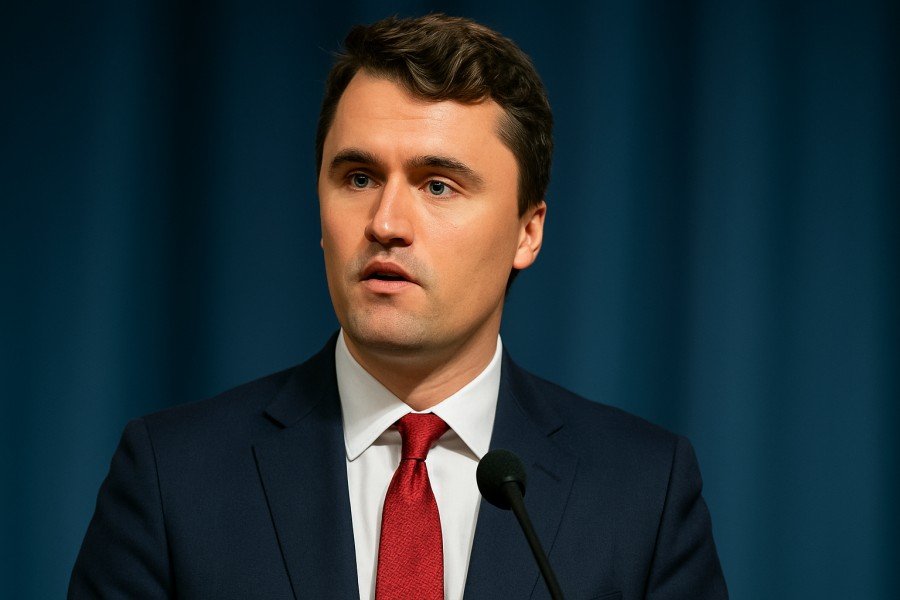On September 10, 2025, the United States woke to shocking news Charlie Kirk, founder of Turning Point USA and a prominent conservative voice, was fatally shot during a public event at Utah Valley University. Authorities have labelled the incident a political assassination, and the fallout has ignited fierce debate over political violence, free speech, and safety for public figures.
What Happened
Kirk was speaking at a “Prove Me Wrong” event on the American Comeback Tour when a lone gunman, firing from a rooftop about 200 yards away, struck him in the neck with a single bullet. The crowd of roughly 3,000 people fled in panic. Kirk was rushed to Timpanogos Regional Hospital where he was later pronounced dead. Governor Spencer Cox called the killing a political assassination, saying “this is a dark day for our state, a tragic day for our nation.” Law enforcement agencies, including the FBI, are leading a manhunt for the shooter, who remains at large. Multiple individuals were detained in the aftermath but released for lack of connection to the crime.
Reactions and National Outcry
The assassination has provoked strong reactions across the political spectrum. President Donald Trump labelled Kirk a martyr and blamed “radical left” rhetoric. Leaders from both parties have condemned the violence and emphasised that political disagreements do not justify physical harm.
In Utah, the university cancelled classes, public security was increased, and students mourned with vigils. Kirk’s family released an emotional statement calling him “America’s greatest martyr to free speech.”

Broader Implications: Free Speech, Violence, and Polarization
The incident has reopened old wounds over political polarization, free speech, and safety in public discourse. Many are calling on institutions to review how events are secured, especially when the speaker is controversial or the audience is large. The argument is that in times of extreme political tension, more precautions are essential.
At the same time, others warn that increased restrictions could chill free speech and discourage political debate. Kirk’s career was built on direct engagement, on-stage debates, and pushing the boundaries of political conversation. His assassination thus raises uncomfortable questions: How safe is it to speak out? What limits should or should not be imposed on open forums?
What We Know: Investigation, Suspect, and Security Lapses
- A high-powered, bolt-action rifle was recovered.
- Investigators have released images of a person of interest, identified by clothing and rooftop video footage.
- Two arrests made in initial chaos were later cleared of involvement.
- Security at the event has come under scrutiny. Many felt it was insufficient: no metal detectors, large open access, limited perimeter control. Critics argue that such events require higher security protocols.
What Comes Next
The investigation remains ongoing. Authorities are appealing to the public for tips, offering rewards, confirming that all leads are being followed. Meanwhile, political leaders are calling for unity and pledging to clamp down on violence in political speech.For the American public, the challenge will be reconciling how to protect both safety and freedom preserving the right to dissent, debate, and disagree without fear of lethal consequences.
Why This Matters
This event is more than just an attack on one individual. It is a barometer of deeper cultural and political tensions in the country. It forces conversations about how society manages political diversity, the responsibilities of leaders in public rhetoric, and how institutional structures can guard against violence without undermining democratic norms.








